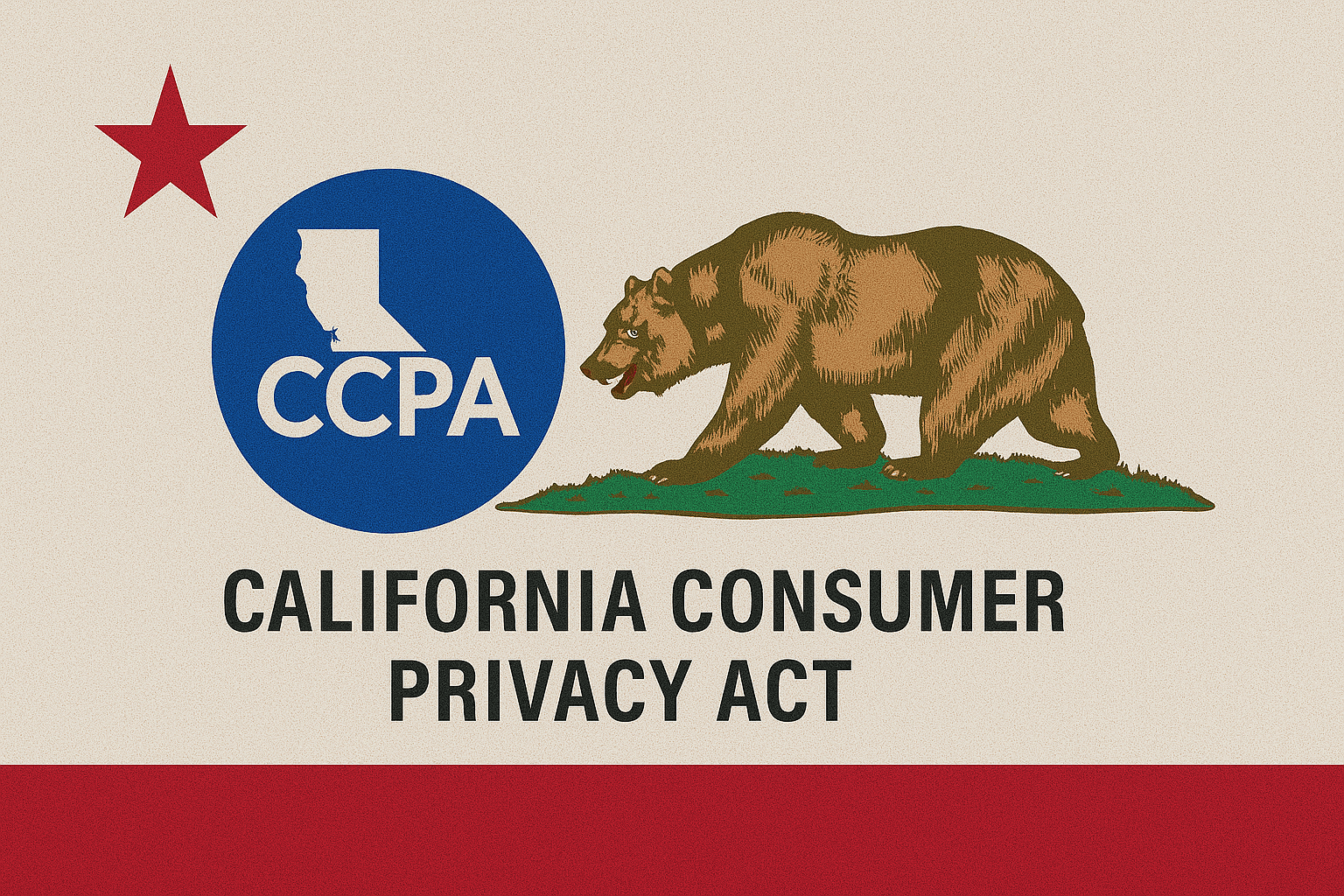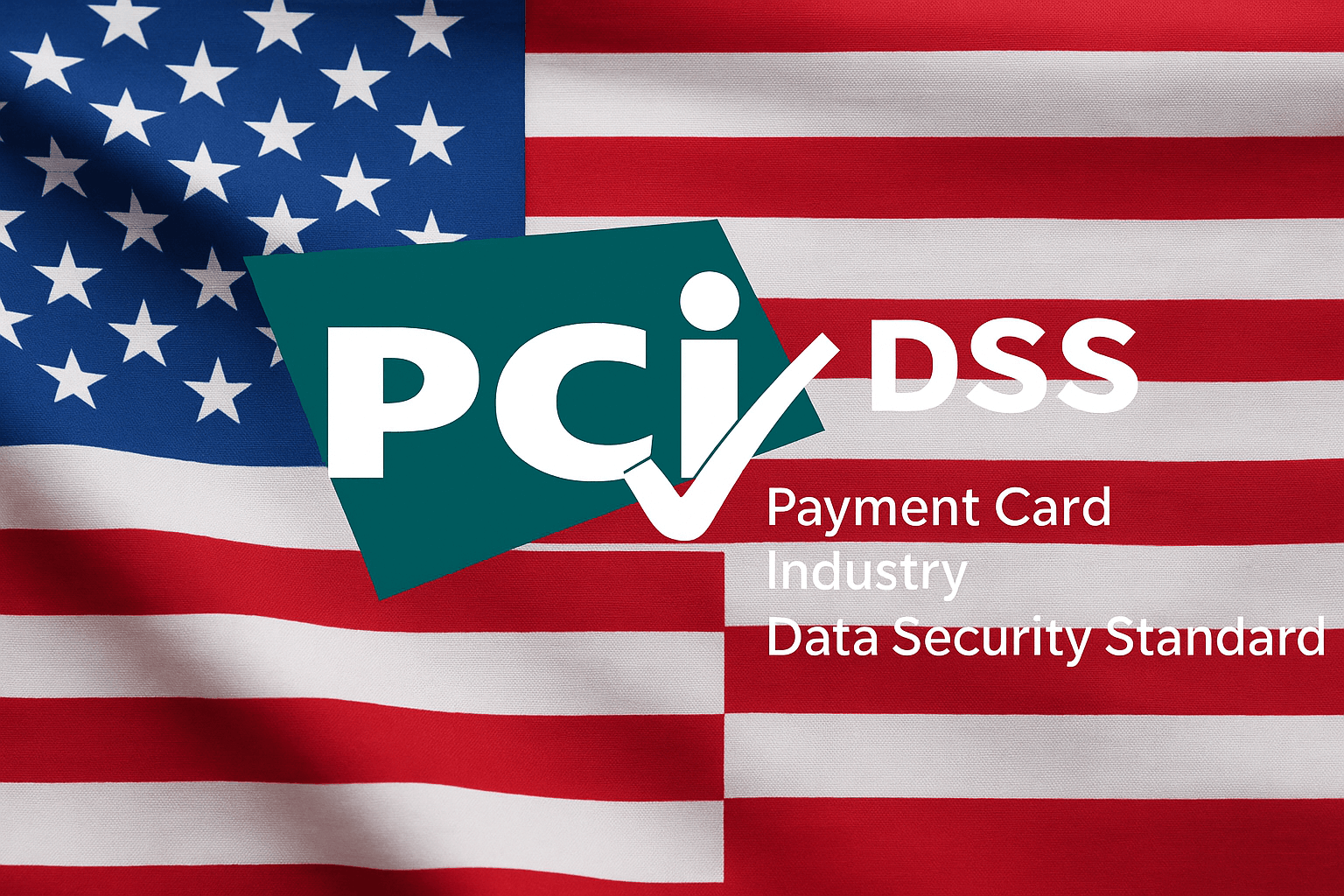Every organization must consider regulatory requirements when choosing how to deploy Sitecore. The choice between a self-managed Sitecore XM/XP and Sitecore XM Cloud can be influenced by how well each model meets various compliance and data hosting needs. Choosing between XP and XM Cloud is a trade-off: XP gives you full control over data location and security, while XM Cloud delivers built-in compliance where it’s available. Below is a concise comparison of how major regulations affect each model, followed by deeper details.
This post provides an in-depth look at key regulations and data sovereignty concerns, comparing their impacts on traditional self-hosted Sitecore XM/XP versus SaaS XM Cloud deployments. I will cover major data privacy laws: GDPR, UK GDPR, CCPA, industry-specific regulations: HIPAA for health data, PCI DSS for payment data, DORA for financial services, localization laws: Russia, China, Brazil, etc., emerging AI regulations, and data encryption/sovereignty considerations. A comparison table is included at the end to summarize how each issue affects XM/XP versus XM Cloud.
GDPR and UK GDPR
GDPR – the General Data Protection Regulation in the EU – and its UK counterpart (the UK GDPR, retained from EU law post-Brexit) impose strict rules on handling personal data. Both laws are similar in core principles, but they apply in different jurisdictions: EU versus UK. Organizations using Sitecore need to ensure compliance in terms of data processing roles, user consent, data subject rights (access, deletion, etc.), and data residency.

Data controller vs. data processor
-
A data controller decides the purposes and means of processing personal data and bears primary liability for compliance.
-
A data processor acts only on the controller’s instructions, must secure data appropriately, and assist the controller in meeting its obligations.
Why it matters
Controllers face direct fines and enforcement actions if they fail to collect valid consent, uphold data-subject rights or secure data properly. Processors are liable only for processor-specific duties (security, breach notification, sub-processor management) but must still be tightly contracted and audited.
-
XP
-
You act as both controller and processor. You choose EU or UK data centers (or on-prem), enforce TLS, encrypt databases at rest, maintain records of processing activities, conduct impact assessments, and sign DPAs with any cloud or analytics vendors.
- You are obtaining valid consent for tracking cookies since Sitecore XP, by default, can track visitors via analytics databases and identify repeat visits. You also deploy consent banners
-
You build workflows for subject-access, rectification, and delete a contact’s data from the Experience Database upon request. Sitecore provides tools like the xConnect API to help delete or anonymize contact data, but it’s your job to use them appropriately.
- If using a cloud provider (Azure, AWS) to host, you must ensure EU->US data transfers, if any, comply with GDPR transfer rules. Hosting entirely within the EU avoids needing special measures. For UK personal data, hosting in the UK or in countries with UK adequacy decisions facilitates compliance.
-
XM Cloud
-
You remain the controller; Sitecore is the processor. Sitecore encrypts data by default, segments customer data in EU or UK regions, and provides a processor agreement covering lawful transfers (adequacy decisions or SCCs), breach notifications, and sub-processor transparency.
-
Your team focuses on capturing valid consent, configuring Sitecore’s privacy settings, and using its APIs to fulfill data-subject requests.
- With XM Cloud, you cannot self-select the exact data center location in the same way as self-hosting, but Sitecore offers regional hosting options. For example, a European client’s instance can be hosted in an EU data region, ensuring data stays in Europe to comply with GDPR’s data locality expectations.
- If you require UK-only data residency, confirm if Sitecore can host specifically in the UK or an EU region that is acceptable under UK GDPR.
CCPA and CPRA
For organizations handling personal information of California residents, the California Consumer Privacy Act is a key regulation. CCPA focuses on data disclosures, the sale of personal information, and consumer rights to access or delete data. While CCPA doesn’t mandate data residency, it imposes obligations on how data is collected and shared.

-
XP
-
You implement "Do Not Sell or Share" links, provide the required privacy notices on your website, detect opt-outs in your code, map personal data across xDB, and delete or export records via Sitecore APIs or SQL queries.
-
CPRA adds rights to correct inaccurate data, limit the use of sensitive personal information, and receive detailed disclosures.
-
CCPA’s concept of "service provider" would apply to any vendors you use. If you host Sitecore on a cloud platform, that cloud vendor is your service provider (they process data only on your instructions). You should have a data processing addendum in place with them that meets CCPA’s service provider criteria (major cloud providers do offer these). Sitecore, as the company, typically wouldn’t be directly involved unless you send data to Sitecore support.
-
XM Cloud
-
Sitecore is your contracted service provider and certifies that it never sells or shares data. You still build front-end opt-out logic.
-
For consumer requests, you invoke Sitecore’s deletion/export endpoints or submit a support ticket for complete removal, including backups.
- Opt-Out of Sale/Share: Since Sitecore Cloud itself is a service provider, data stored there isn’t a sale, but any other integrations of third-party ad networks via the site that could be considered a "sale" of data. That’s outside Sitecore’s scope, but you might use Sitecore to manage tags or content that could involve personal data transfers. Ensure you have a consent management solution for your website.
- XM Cloud being headless means you might implement a separate consent banner in your front-end application.
- CCPA does not require local storage in California, so having data in a Sitecore data center, even if in another state or in the cloud abroad, is fine as long as protections are in place. Typically, a U.S. company using XM Cloud would choose a North America region for data residency.
HIPAA (Past & 2025 Updates)
If you are in the healthcare sector or otherwise deal with Protected Health Information (PHI) in the U.S., compliance with HIPAA (Health Insurance Portability and Accountability Act) is required. HIPAA safeguards health information in the U.S. under three rules—Privacy, Security, and Breach Notification. Recent guidance expanded "PHI" to include behavioral tracking on health sites, and enforcement ramps up in 2025.

-
XP
-
Host on a HIPAA-compliant platform with a Business Associate Agreement (BAA).
-
Encrypt all PHI in xDB and analytics stores, enforce strict role-based access, maintain detailed audit logs, train staff on HIPAA policies, and have a breach-response plan.
-
XM Cloud
-
Sitecore has third-party attestation and signs a BAA, applying required safeguards for encryption, patching, access controls, and breach processes.
-
You focus on front-end consent capture, limit tracking to necessary PHI, and use Sitecore’s secure controls for record management.
- Customer Responsibilities Remain: Even with Sitecore’s platform being HIPAA-ready, you, as the healthcare organization, must still use it properly.
- You can still use personalization, but do so under the umbrella of HIPAA compliance. For instance, if using Sitecore CDP/Personalize for a patient portal experience, it will treat tracking data as PHI and store it accordingly.
PCI DSS
The Payment Card Industry Data Security Standard (PCI DSS) applies to any environment that processes, stores, or transmits credit card data. If your Sitecore implementation involves e-commerce or donations where card payments are handled, PCI compliance becomes a factor. PCI DSS sets twelve requirements for any system handling credit-card data, covering network security, data protection, vulnerability management, access control, monitoring, and policy.

-
XP
-
If you process or store raw card data, your entire Sitecore environment is in PCI scope. You need segmentation, encrypted vaults for keys, scans, penetration tests, strict logging, and a formal QSA audit.
-
Most avoid this by using tokenized forms or redirects so card data never touches Sitecore.
-
XM Cloud
-
XM Cloud is not PCI-certified for raw card handling.
-
Best practice is to use a PCI-compliant gateway, for example, Stripe via client-side scripts, and store only non-sensitive tokens or order IDs in Sitecore, keeping the CMS outside PCI scope.
DORA
For organizations in the financial sector, especially in the EU, the Digital Operational Resilience Act (DORA) is a new regulation, EU 2022/2554, that takes effect starting in 2025. DORA is all about ensuring that financial entities (banks, insurance companies, investment firms, etc.) and their critical IT service providers maintain robust operational resilience, including cybersecurity, incident reporting, and business continuity. It essentially mandates strict ICT risk management and includes rules for contracts between financial institutions and IT providers.

-
XP
-
Deployed on-prem or in your cloud, XP is an internal ICT asset. You include it in your ICT risk framework, resilience planning, and incident reporting—no special contract with Sitecore is needed.
- If you operate Sitecore yourself and experience an incident, you handle reporting per DORA’s rules.
-
XM Cloud
-
Sitecore becomes an outsourced ICT provider. You must sign Sitecore’s DORA addendum, embedding clauses on SLAs, data access, subcontractor control, and incident notifications.
-
You rely on Sitecore’s resilience measures (backups, failover) and formal incident reports to meet DORA obligations.
- DORA expects robust continuity plans. Sitecore, running XM Cloud, will have its own resilience measures (redundant infrastructure, backups, disaster recovery) to ensure continuity
- As a customer, you should inquire about RPO/RTO (Recovery Point/Objectives) for XM Cloud in disaster scenarios, and ensure those align with your needs.
- You should also have an exit strategy (how to retrieve data from Sitecore if you needed to switch systems – DORA mandates having plans for termination of a provider contract).
Localization Laws
Beyond global regulations, many countries have specific data localization laws or restrictions requiring personal data of their citizens to be stored within national borders or meeting certain conditions.

If your Sitecore implementation serves users in such countries, you must account for these:
-
Russia (Law 242-FZ) mandates that all Russian-citizen data be stored in-country. XP lets you deploy to Russian data centers; XM Cloud cannot comply without a local region unless Sitecore establishes a dedicated local region there, which is unlikely given geopolitical complexities.
-
China (PIPL) demands in-country storage unless a security assessment is passed and public sites hold an ICP license. XP supports local clouds: Alibaba, Tencent, China-hosted Azure/AWS; XM Cloud is unavailable under these rules.
-
Brazil (LGPD) mirrors GDPR but allows cross-border transfers under adequacy, consent, or contractual safeguards. Many host in Brazil for performance - both XP and XM Cloud can comply.
-
Other Markets: India’s law permits whitelisted transfers; Canada’s PIPEDA has no strict localization; some Middle-East governments require local hosting. XP adapts universally; XM Cloud is limited to Sitecore’s region footprint.
AI Regulations
As Sitecore adds more AI-driven features, such as Sitecore Stream – the new AI orchestration and “copilot” capabilities across the platform – and AI-based personalization or content generation tools, organizations need to anticipate compliance with emerging AI regulations.

Emerging rules govern AI by risk level:
-
EU AI Act classifies AI from unacceptable to minimal risk. Marketing personalization and content generation are “limited risk,” requiring transparency and logging; high-risk uses, such as credit scoring, need full conformity assessments.
-
U.S. Guidelines (FTC, NIST) urge against deceptive AI use, mandate bias mitigation and data privacy; states address biometric profiling.
-
XP
-
You bear full responsibility for AI integrations (recommendation engines, chatbots). You must document model purposes, disclose AI use, ensure human oversight, and conduct impact assessments if required.
-
XM Cloud
-
Stream AI offers built-in guardrails, never trains on your data, and runs on Azure OpenAI with compliance certifications. You label AI outputs and disclose usage, while Sitecore manages secure model operations and regulatory alignment.
Summary Comparison Table
Conclusion
Sitecore XM/XP (self-hosted) and XM Cloud each have distinct strengths when it comes to compliance and geographic hosting:
- Sitecore XM/XP (On-Premises or Customer-Managed) offers ultimate control over data – you decide where it lives, how it’s secured, and when to upgrade or patch. This makes it well-suited for organizations with strict data sovereignty demands or heavy regulatory obligations that standard cloud setups can’t meet. For instance, if you absolutely must keep data within a certain country’s borders (Russia, China) or within an isolated network, XP gives you that flexibility. It’s also advantageous if you require deep customization at the infrastructure level (custom encryption key management, specialized audit logging, etc.). In short, when localization and direct control are non-negotiable, the traditional XP deployment can fulfill those needs. However, with this power comes responsibility: your team must invest in security and compliance efforts (hardening servers, obtaining certifications, managing disaster recovery). As one Sitecore expert put it, XP’s flexibility can address strict compliance scenarios, though the effort is on you to secure and certify such an installation.
- Sitecore XM Cloud (SaaS) provides a compliance-aligned platform for the most common needs. Sitecore has done the heavy lifting for GDPR, HIPAA, and cloud security standards, relieving customers from worrying about infrastructure-level compliance. This model shines for organizations that want to offload operations and focus on content and digital strategy, while trusting Sitecore to maintain a secure, compliant service. It’s especially beneficial if your regulatory requirements can be met by the service’s existing framework (e.g., hosting in broadly acceptable regions, encryption, standard certifications). For EU personal data, XM Cloud can keep you compliant by hosting in-region and acting as a proper data processor with a robust DPA. For healthcare, XM Cloud now meets HIPAA requirements, allowing use of cutting-edge features in a regulated context that previously might have required on-prem. For financial services, XM Cloud can be used with the right contractual protections (DORA addendum), letting banks leverage SaaS agility. The trade-off is reduced flexibility: if your needs fall outside the service’s design, there’s little you can change. You must also be comfortable ceding control; for some, that trust in a third party is a hurdle.
Ultimately, the choice may come down to the specifics of your compliance landscape. Many organizations will do a risk assessment: if using XM Cloud, can we accept its regional hosting options and trust model for our data? If yes, the benefit is quicker deployment and less maintenance burden, with Sitecore’s expertise backing compliance. If no – perhaps due to a unique law or an internal policy – then running Sitecore XP in your own controlled environment remains a valid path.
It’s worth noting that some organizations pursue a hybrid approach: using XM Cloud for most content management needs, but keeping certain data or functions on-prem. For example, a global company might run XM Cloud for its main website but have a separate XP instance for the Chinese market due to localization rules. Or use XM Cloud for content, but integrate with an on-prem analytics store for sensitive customer data. These approaches can mitigate compliance concerns while still reaping some SaaS benefits, though they add complexity.
In conclusion, both XP and XM Cloud can support a compliant solution – the difference lies in who manages the compliance controls and how granular your control is. If your organization has strong compliance and IT teams and needs fine-grained control or non-standard hosting, Sitecore XM/XP gives you the needed freedom (with effort). If your organization prefers to leverage vendor compliance investment and standardize on best practices, XM Cloud offers a convenient, secure choice that is continually updated by Sitecore.
References: